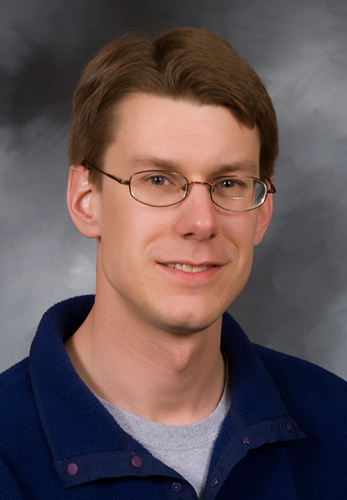The Graduate School is pleased to announce new theses and dissertations are now available in the J.R. van Pelt and Opie Library from the following programs:
- Applied Natural Resource Economics
- Civil Engineering
- Electrical Engineering
- Forest Molecular Genetics and Biotechnology
- Forestry
- Geology
- Mathematical Sciences
- Mechanical Engineering-Engineering Mechanics
- Rhetoric and Technical Communication
